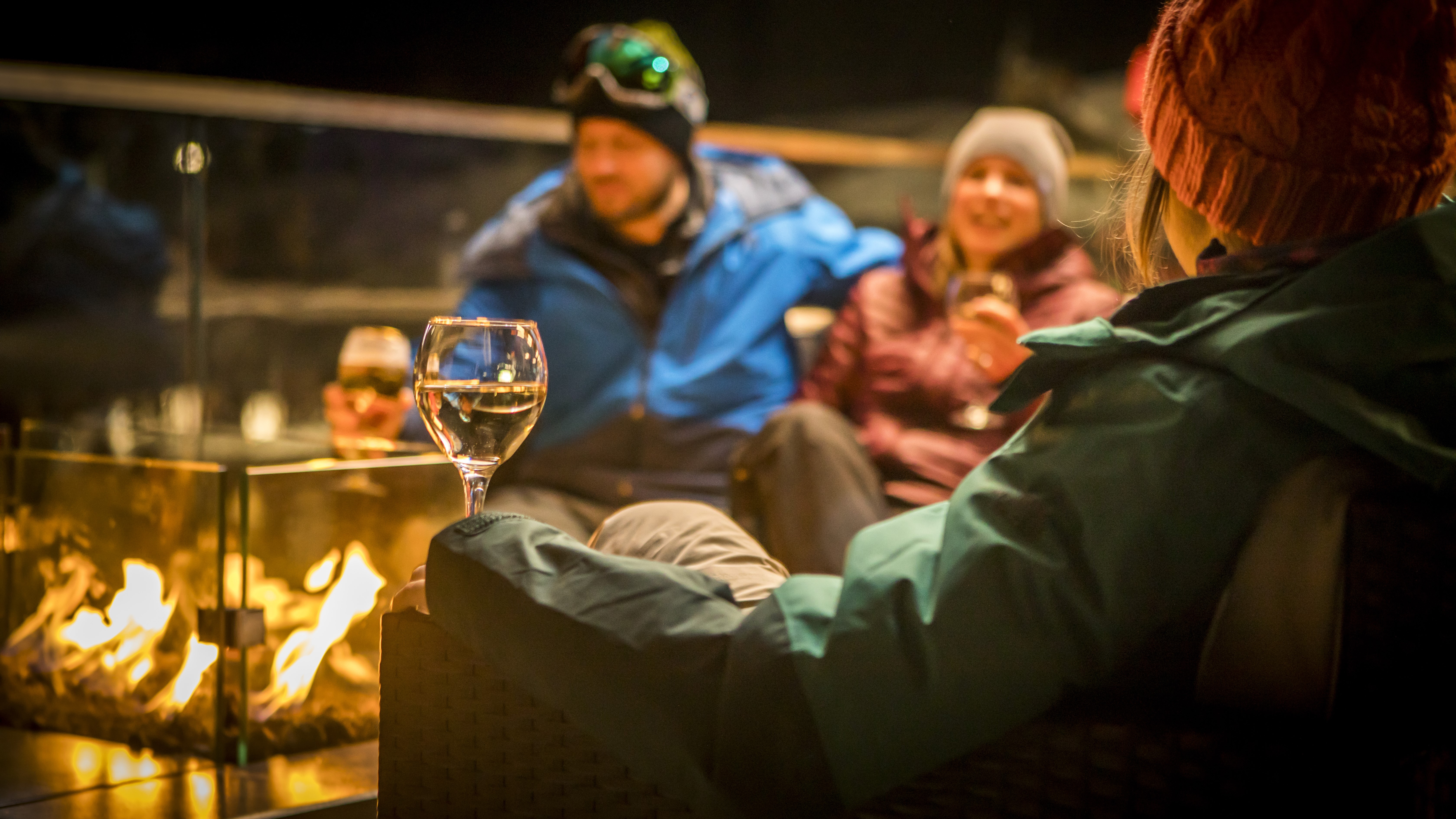
Getting drunk in a ski town is easy. If you live in one, you’re probably never more than a few feet from a happy hour, beer festival or hot tub party. Nearly always, the brewskies happen at aprés when you’re still buzzing from a long day if getting freshies on the hill, but sometimes they come along with you in the pocket of your ski jacket so you can crack a cold one right before dropping into your favorite powder stash. Getting sober in a ski town, however, is a different story.
Despite trends across America, Europe and Australia indicating that young people are drinking less than previous generations, alcohol abuse is still very much alive and kicking in ski towns. A 2017 study of Swedish ski resort employees found a high prevalence of risky alcohol consumption compared to the general population, with social aspects such as having roommates, co-workers and friends who are often inebriated identified as important contributing factors.
There are, however, people out there who are gently but persistently challenging the idea that skiing has to equal drinking. For this article, I spoke to a couple of those people to find out what the challenges are to getting sober in a ski town, and how to begin.
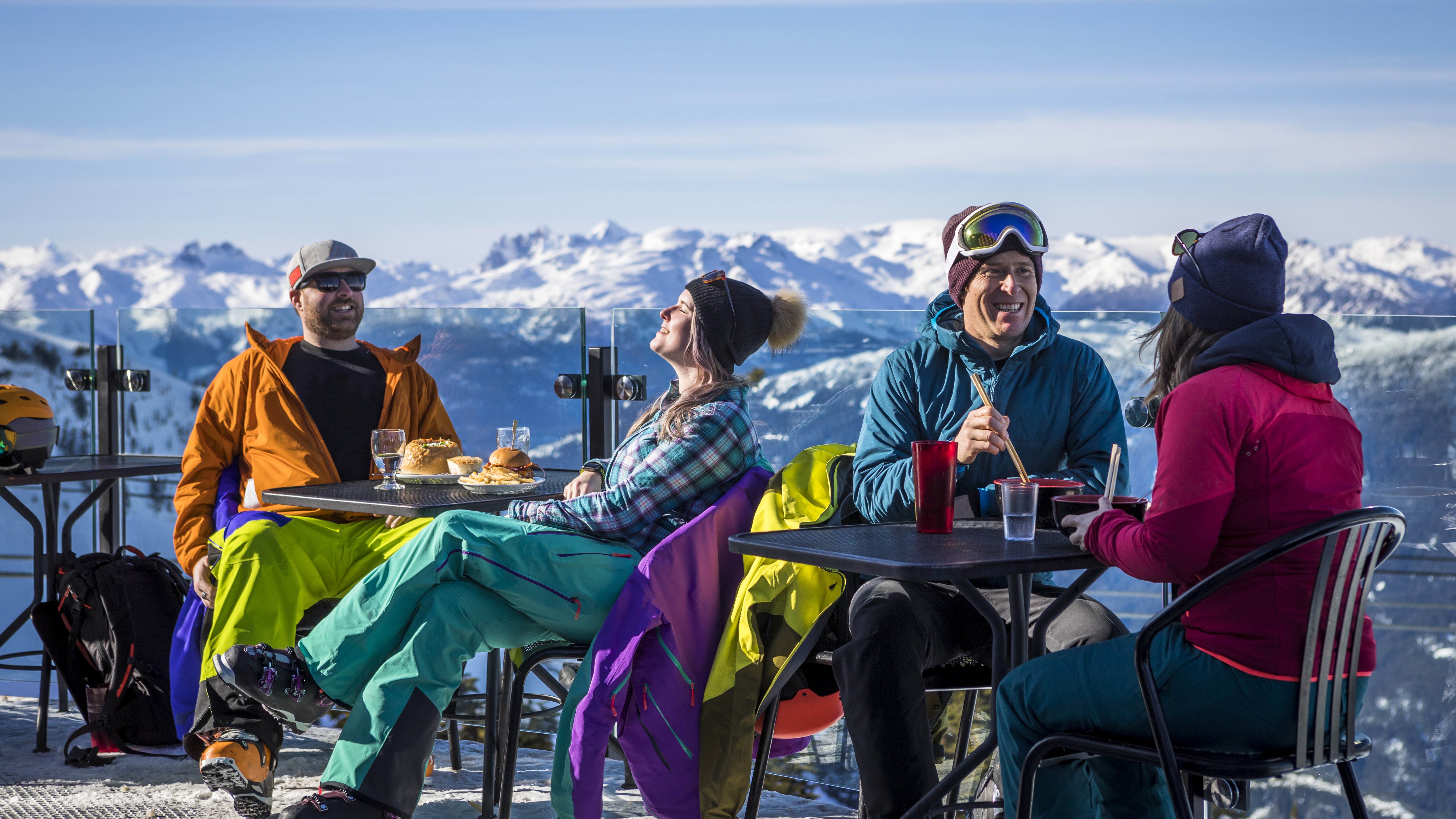
“I started to see that I could have a happy and joyful life”
It’s probably fair to say that a lot of people move to Colorado seeking a party, and rarely are they disappointed, but KC Gooding moved here to the Roaring Fork Valley two years ago to pursue a life of sobriety. Originally from Michigan, Gooding spent his 18th birthday in treatment and had several more stints in rehab before finally getting one year of sobriety at the age of 35.
“If you’re doing the math, that means it took me 17 years of treatment to get one year of sobriety,” he says.
For Gooding, the key to sobriety lay where it has of othersfor millions : in the renowned 12-step program of Alcoholics Anonymous. He started attending meetings where he found there was always hot coffee, cake, and most importantly, like-minded people.
“There were a lot of welcoming people there that created space for someone who was struggling to feel supported and I had what’s called a spiritual awakening as a result,” recalls Gooding, who says he latched on, got himself a sponsor and followed the steps.
“At some point, I started to see that I could have a happy and joyful life in recovery. I didn't see value in using those substances anymore because I found so much value in recovery.”
Gooding devoted his life to helping others in recovery. He began a career in behavioral healthcare in southern California before taking the position of Chief Marketing Officer at Jaywalker Lodge, a rehab facility for men located in Carbondale, a picturesque mountain town near Aspen that sits in the shadow of Mount Sopris.
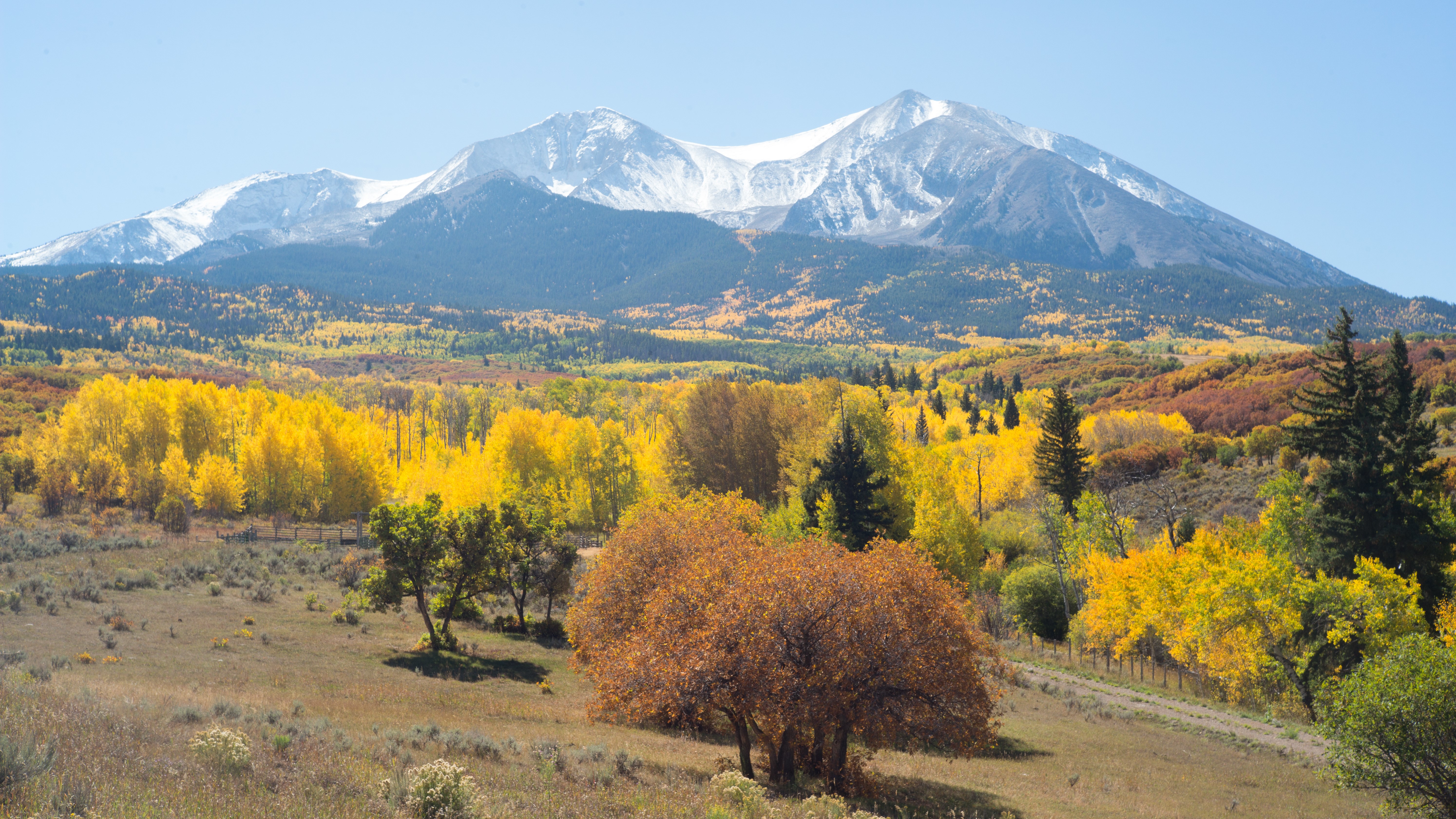
“Isolation can be conquered by connection”
Bringing men into the center of the party might sound like a risky move. Wouldn’t the temptation of cold beers on a sunny deck with a live band prove too much for those in recovery? Not according to Gooding, who says that their patient success rate is high.
You might assume that’s because patients are locked up away from temptation, but instead, treatment here frequently extends beyond the facility walls and entails what Gooding calls a “high risk, high reward” approach. Patients are found on the mountains, rivers, trails and golf courses more than they are indoors and treatment involves helping them to discover the benefits of the mountain lifestyle and fostering strong connections between the patients. In other words, using the mountains as medicine.
“Mountain towns are known for having a bit of a party going on. There's bars on the mountain, liquor stores up the street from our treatment center and maijuana dispensaries down the street. What we’re betting on is that this disease of addiction that creates a significant amount of isolation can be conquered by the connection that these men make with each other,” he explains, describing the program as more like a “pseudo recovery bubble” than containment. For him, and the majority of his patients, it works.
“I can walk right past that liquor store because it’s more important to me to be a part of this group.”
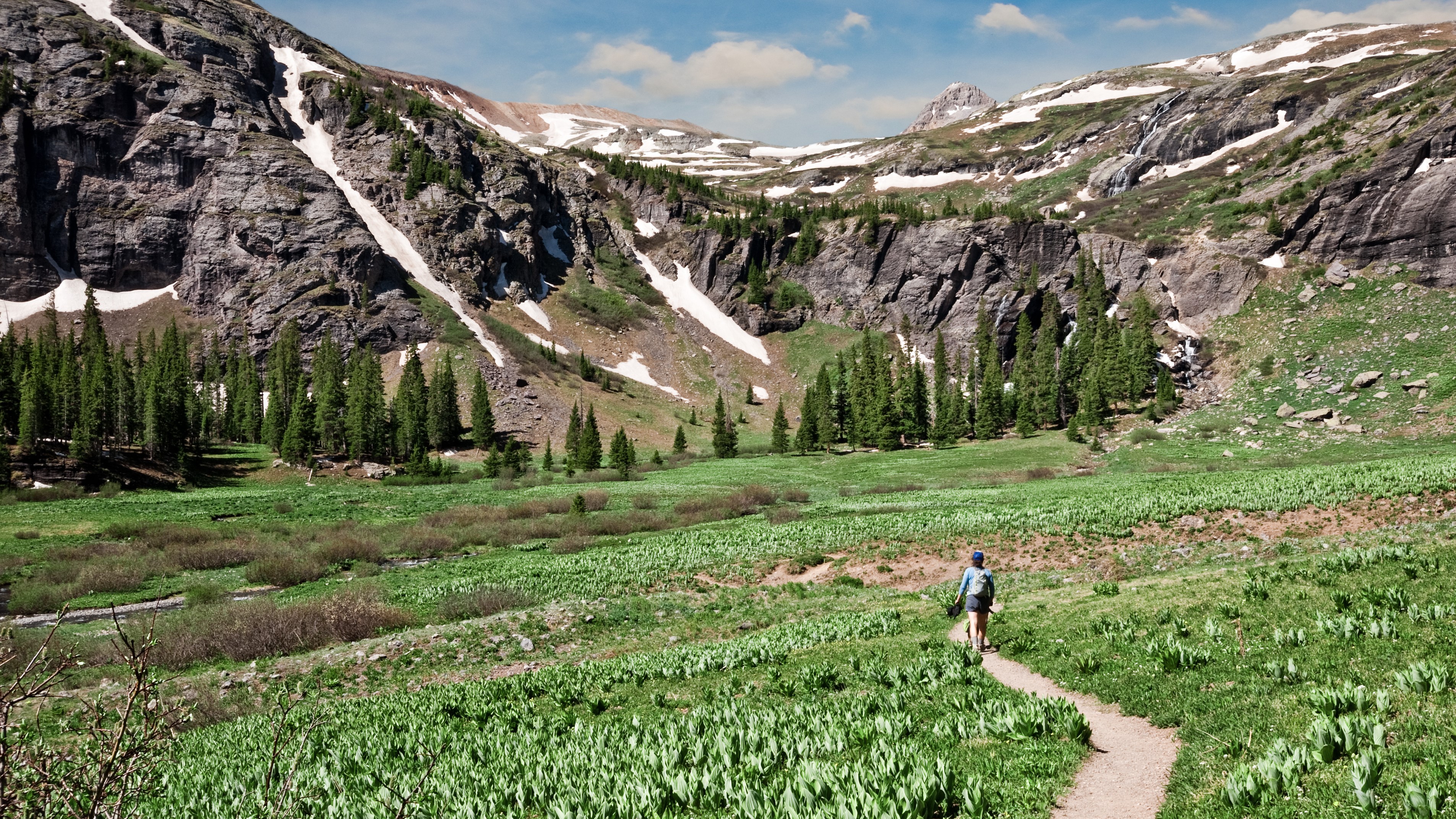
“My social life changed dramatically”
Like Gooding, Chelsey Laterra got sober in her 30s, and in doing so, she defied the odds – she’d lost her father to substance abuse when she was younf and had been living and working in Colorado ski towns for nearly 20 years before she finally hit rock bottom. Her life revolved around seasonal work as a manicurist, snowboarding and partying.
“My life became unmanageable,” recalls Laterra, saying she was spending time with people she'd never have started hanging out with if she were sober.
“The last drink was the worst day of my life.”
That last drink was back in July of 2015. That worst day set Laterra on her path to recovery, also through the 12-step program, and like Gooding she’s also dedicated her life to helping others in recovery, going on to form Mountain Pathways Recovery.
Though Laterra, now a Certified Recovery Adviser, has since left Colorado to be closer to family in New England, she remained in a ski town for nearly five years after getting sober, something she admits wasn’t always easy. Ski towns tend to be small places where you see the same people day in, day out, and many of those people won’t necessarily align with your newfound principles.
“It was a small town so I did run into people I did not want to see,” she says. In addition, without the endless options of restaurants to choose from that you’d find in a city, she was faced with returning to places where she’d previously been intoxicated if she wanted to eat out and it was a constant reminder of things she wanted to forget.
“My social life changed dramatically. To stay sober I needed to protect myself and not go out at night, that was the witching hour for me.”
“My huge group of friends outside of AA, most of them drank and I couldn't be around it, or didn't want to sacrifice my sobriety for a dinner party. So we lost touch.”
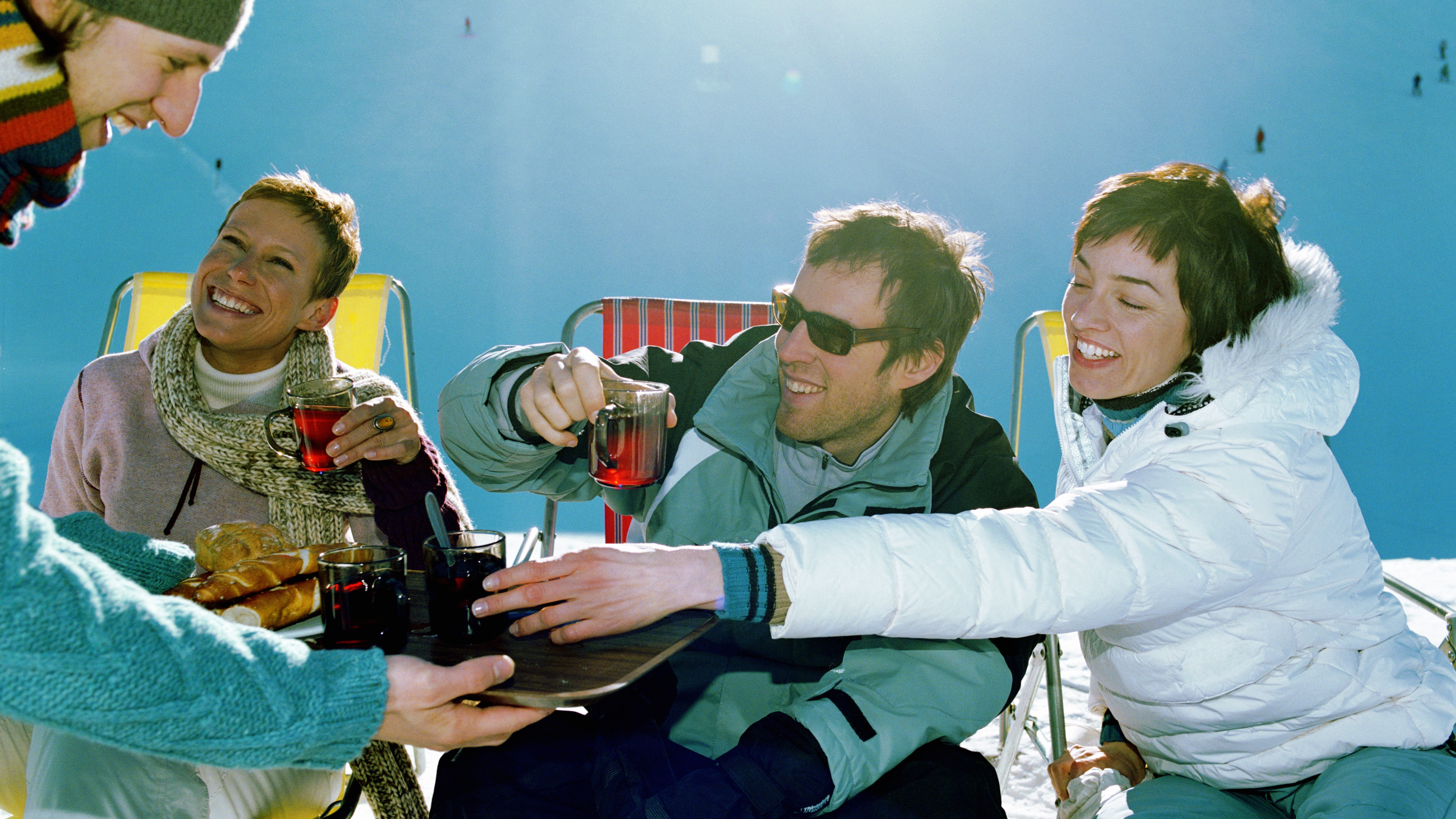
It’s the fear of losing touch with friends that Gooding pinpoints as a major obstacle to finding sobriety for many, but particularly in ski towns which are already remote by nature. Ski town residents are typically transplants from other parts of the country, and their friends become like a surrogate family.
"People think, ‘well, I can’t quit drinking because I’m not going to be able to enjoy life, I’m not going to be able to go to the bar or see my friends, I’m going to be isolated’. But what they suffer from is a disease that’s progressive and fatal and what we see typically is reclusivity and isolation toward the later stages so really it’s quite the opposite.”
Instead of finding herself isolated after getting sober, Laterra simply found herself surrounded by a new community.
“My recovery friends were my biggest support system for the last few years in the mountains.”
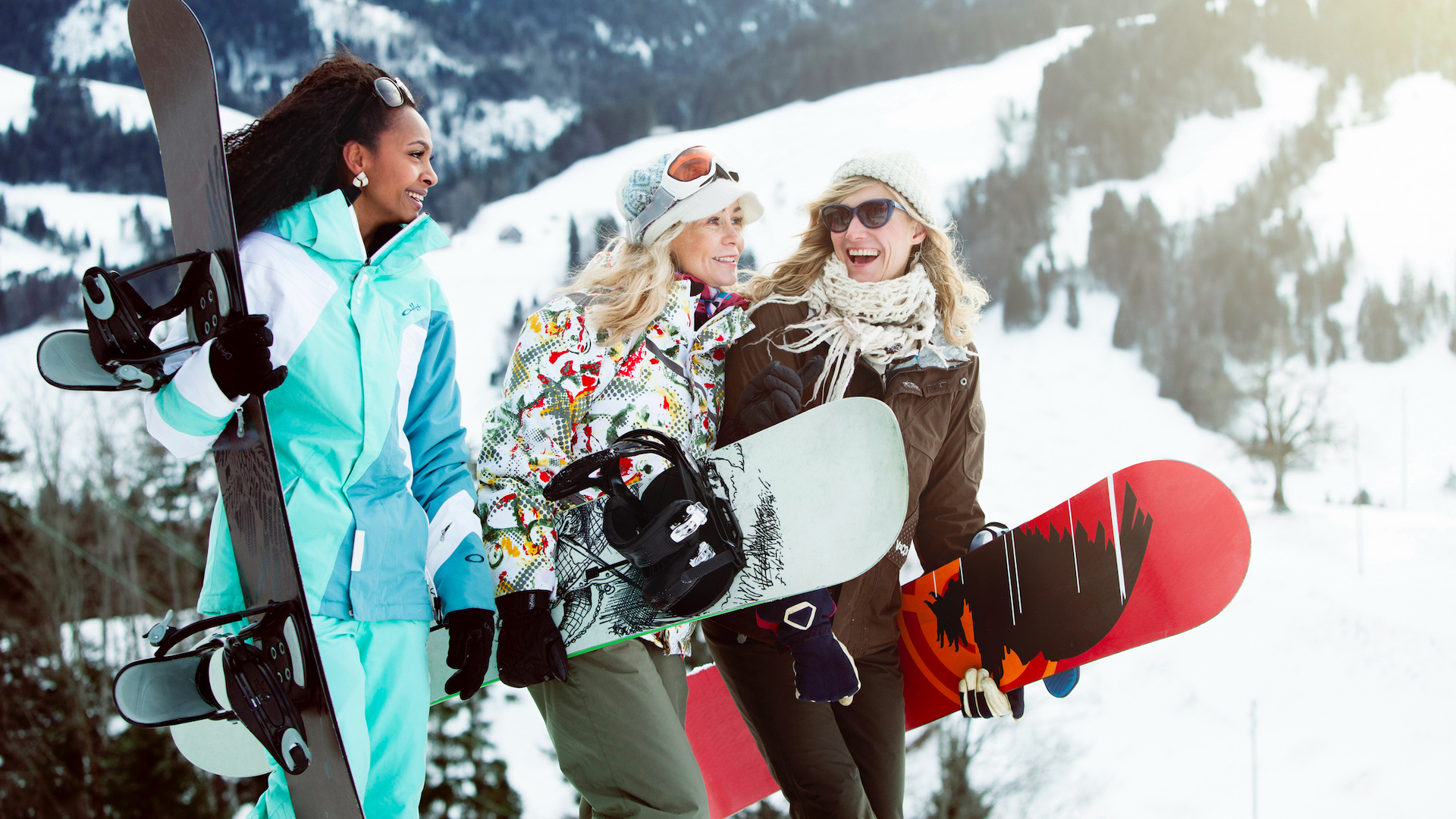
“I had to find joy”
Both stories show that it is possible to get – and stay – sober in a ski town, but of course it’s a long journey. You have to have a major change in perspective and find a new sense of purpose, and this is where the other features of a resort community, like access to the outdoors, can be a gift.
“In order to find purpose, our position is to expose individuals to a lot of different benefits of recovery in the hopes that they’ll latch onto something they enjoy, so they're able to find joy and continue that long into their recovery,” says Gooding.
That something often involves embracing an active lifestyle, which Gooding says compels over half of Jaywalker patients to remain in the area after treatment, even though the vast majority come from outside Colorado.
In 20 years, over 500 graduates from Jaywalker’s program have remained in the Roaring Fork Valley, meaning the center is slowly growing the population and reshaping the demographic to a more sober one, so if you’re looking for a ski community that supports sobriety, it may be a good place to start.

“Try it for 30 days and see how you feel”
So how do you go about getting sober in a ski town? Laterra managed it with meetings and trading a life of snowboarding and aprés-ing to lunch dates, concerts out of town, visiting family and yoga – something which she ultimately trained in and now teaches to others in recovery. But she advises that if you haven’t hit rock bottom and are just sober curious, you could take a short-term approach.
“Try it for 30 days and see how you feel,” she recommends. “It truly has changed my life and my family's life. I have choices, I respect my body, and I don't have alcohol controlling me anymore.”
Gooding stresses that there are a wide variety of ways that you can seek a recovery lifestyle that may allow you to remain in a ski town if you want to, and continue to enjoy the benefits of mountain life. Recovery is not contingent on treatment centers or 12 steps – there are many different paths to recovery. The first step, of course, is asking for help.
“Know that there is help available. You’re not alone in this.”







